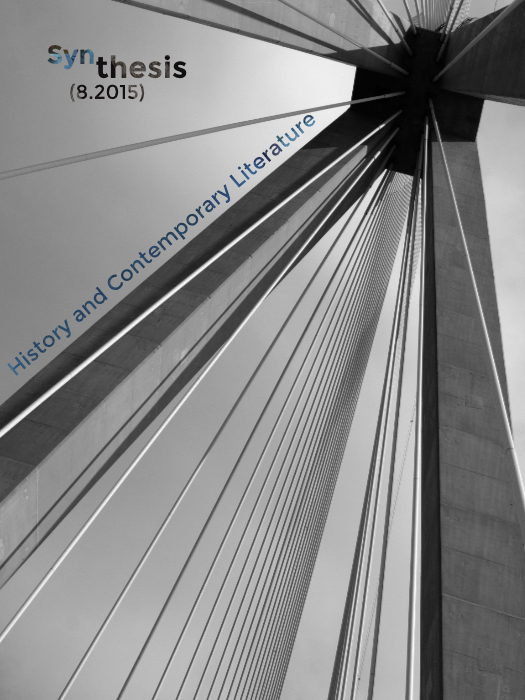Spatialising Early and Late Modernity: Representations of London in Peter Ackroyd’s The House of Dr. Dee and Hawksmoor

Abstract
Peter Ackroyd’s Hawksmoor (1985) and The House of Dr. Dee (1993) are examples of a distinctive British form of contemporary experimental historical fiction, and through representations of London they explore the popular dimension of early modernity, showing how the capital’s spaces both embodied and produced multiple modernity, as well as the unsung pre-modern allegiances that critiqued modern forms. While the novels’ respective Renaissance and post-Restoration settings allow them to explore different stages in the development of both London modernity and resistant forms, their juxtaposition of early and late modern narratives establishes a compelling parallel between early modern and late twentieth-century London. Both sets of narratives also stage a shift away from modern forms towards inherited pre-modern allegiances, connecting this to a new relationship with the capital’s inheritance of pre-Reformation and Gothic built space, as well as an equivalent tradition of London writing, one in which Ackroyd’s novels themselves participate.
Article Details
- Section
- Articles

This work is licensed under a Creative Commons Attribution 4.0 International License.
The copyright for articles in this journal is retained by the author(s), with first publication rights granted to the journal. By virtue of their appearance in this open access journal, articles are free to use with proper attribution. Synthesis retains the worldwide right to reproduce, display, distribute, and use published articles in all formats and media, either separately or as part of collective works for the full term of copyright. This includes but is not limited to the right to publish articles in an issue of the Journal, copy and distribute individual reprints of the articles, authorize reproduction of articles in their entirety, and authorize reproduction and distribution of articles or abstracts thereof by means of computerized retrieval systems.



